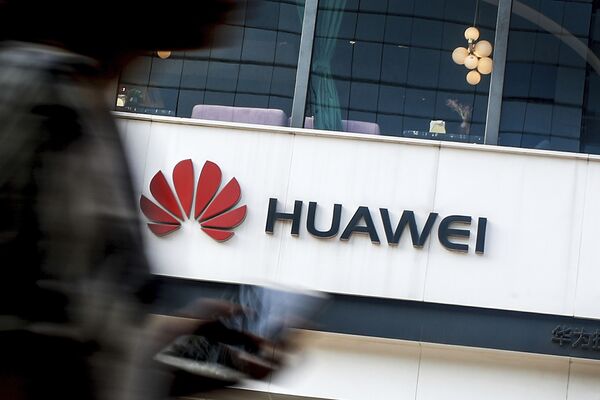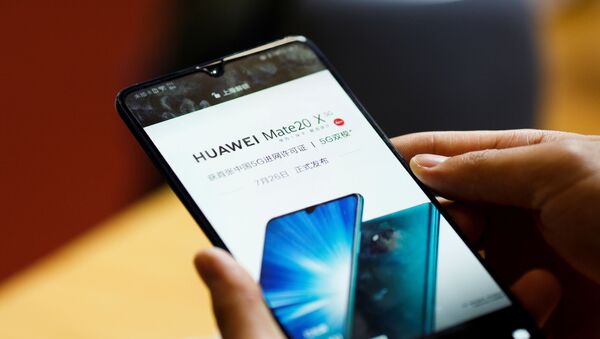According to Liu, the fifth-generation mobile network could become a major business for Huawei in Europe. He also noted that the company was "very optimistic" about its prospects on the continent despite US sanctions.
"I think, 5G will definitely become the future of the information infrastructure. So, every [piece of] information will be carried by the 5G network. That is why the USA might be so nervous - because they have some fundamental shortcomings, and we have put them into a bad position in this kind of international 5G race", he added.
According to Liu, the United States is worried that "they are left behind" in this technology, with the situation, nevertheless, "designed" by Washington itself.
"Firstly, there is lack of frequency in the US: - Sub-6GHz, the best frequency for the 5G, has been given to the military, so these frequencies will not be available to the commercial users", he explained.

In addition, there is a shortage of 5G suppliers in the United States, which also prompts the country to fight any possible competitors in the market, according to the Huawei official.
"The US politicians feel that in this critical field the US could be left behind and that they cannot catch up in the short term. So, what they are doing is slowing the competition down", Liu added.
As part of its fight against the tech giant, in May, Washington blacklisted Huawei and about 70 of its affiliates from purchasing US technology and doing business with US companies without relevant government authorisation. It has since delayed a full-scale trade ban on Huawei several times, most recently granting the company another 90-day export license on 19 August.
The United States accused Huawei of collaborating with the Chinese military and intelligence and using its equipment for illegal surveillance purposes.
Washington has also been pressing other countries to give up using Huawei equipment and infrastructure for the next generation of 5G networks. The Chinese company refutes the claims as unjustified, politically motivated anti-competitive practices.


